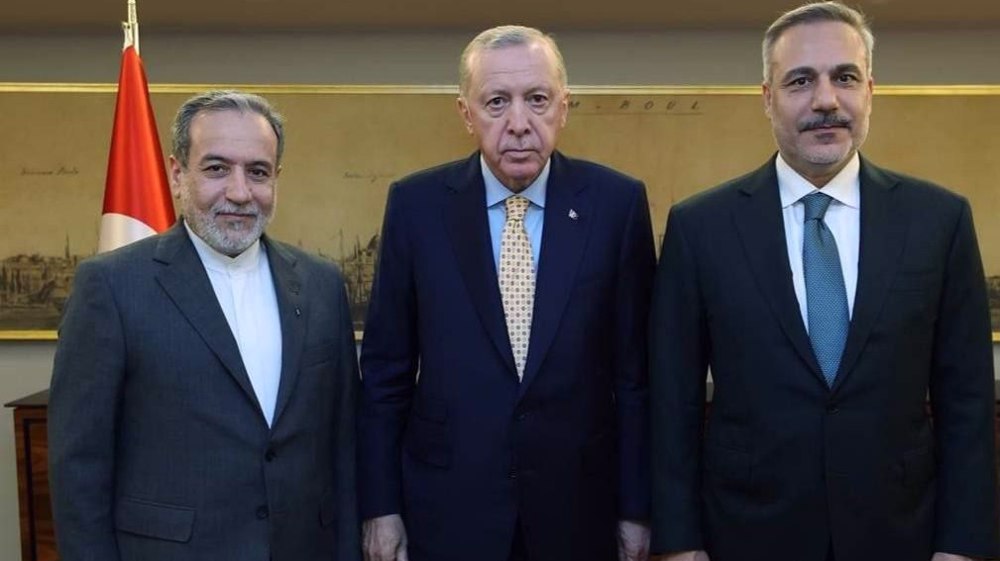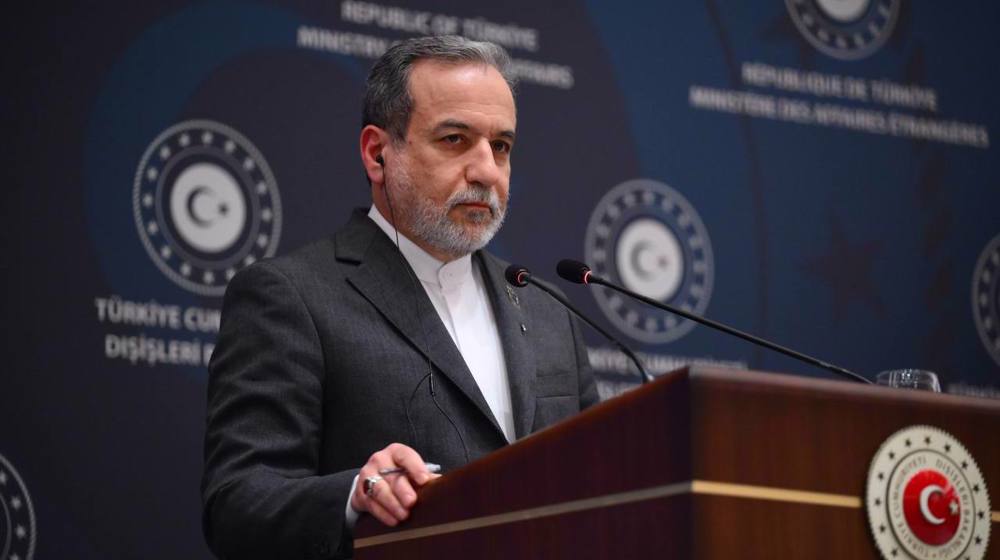Almost 150 go on trial over Turkey coup bridge killings
Turkey has put on trial almost 150 former members of the military over clashes on an Istanbul bridge that led to the deaths of dozens of people, including a key aide of President Recep Tayyip Erdogan, during last year’s abortive coup.
A total of 143 suspects, including 30 officers, attended a hearing at Istanbul’s 25th Criminal Court on Monday over the bloody fighting that erupted between Erdogan's supporters and renegade soldiers on the bridge across Bosphorus Strait on the night of the coup on July 15, 2016.
Thirty-four civilians and seven coup plotters were killed on Bosphorus Bridge. Among the fatalities were Erdogan's campaign manager Erol Olcak and his 16-year-old son Abdullah, who were killed when soldiers opened fire on protesters.
The bridge was later renamed by the Turkish government as July 15 Martyrs' Bridge.

According to the 1,052-page indictment, the suspects are accused of crimes ranging from murder to attempting to overthrow the Turkish government and parliament. Each could face 37 aggravated life sentences if convicted.
The Monday trial is one of several legal processes seeking to bring to justice those believed to have played a role in the coup bid, which left 249 people dead, not including the putschists.
Last week, a court in southwestern Turkey sentenced 34 people to life in prison for attempting to assassinate Erdogan during the failed coup.
Turkey witnessed a coup attempt when a faction of the Turkish military declared that the government of President Erdogan was no more in charge of the country. However, over the course of two days, the putsch was suppressed.
The Turkish government accuses the US-based cleric Fethullah Gulen of having orchestrated the attempted coup. Gulen, a former Erdogan ally turned arch-foe, has denied the allegation.
Turkey has called on the US to extradite Gulen, but the demand has not been taken heed of.

Turkey, which remains in a state of emergency since the coup, has been engaged in suppressing the media and opposition groups suspected to have played a role in the failed coup.
In a post-coup crackdown, Turkey has suspended or dismissed more than 150,000 judges, policemen, teachers, and civil servants and has arrested nearly 50,000 others.
Many rights groups, including Amnesty International and Human Rights Watch, have denounced Ankara’s heavy clampdown on perceived putschists.
'We said repeatedly our patience has limits': Hezbollah leader
IRGC announces 'blinding' US, Israel's eye in region; vows harsher retaliation coming
Iraqi resistance leader urges Americans to ‘reclaim’ country from Israeli ‘puppet Trump
Iran blasts US-Israeli use of autonomous killer systems against civilians as 'war crime'
US-Israeli aggression left Tehran with no choice but to defend Itself: President Pezeshkian
Iran urges immediate intl. action against US attacks on schools
Iraq won’t allow terror groups to cross border into Iran: Security official
Iran’s security chief: Does America come first or Israel with 500 US soldiers killed?











 This makes it easy to access the Press TV website
This makes it easy to access the Press TV website